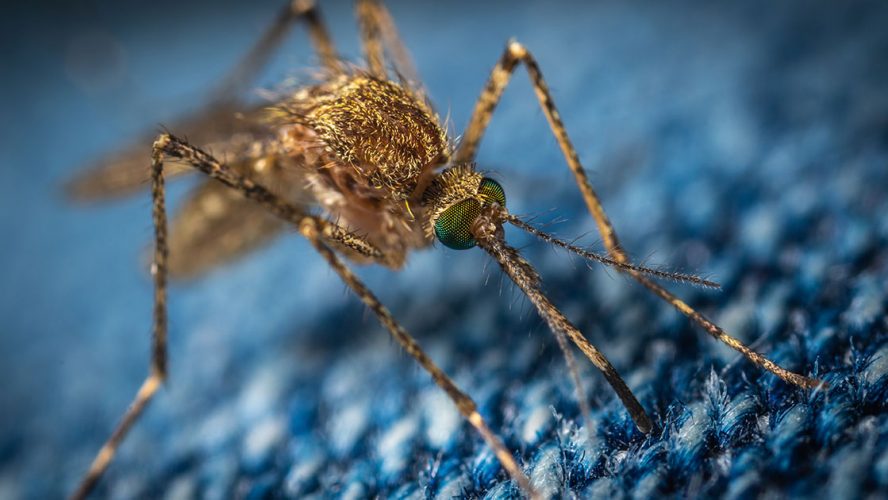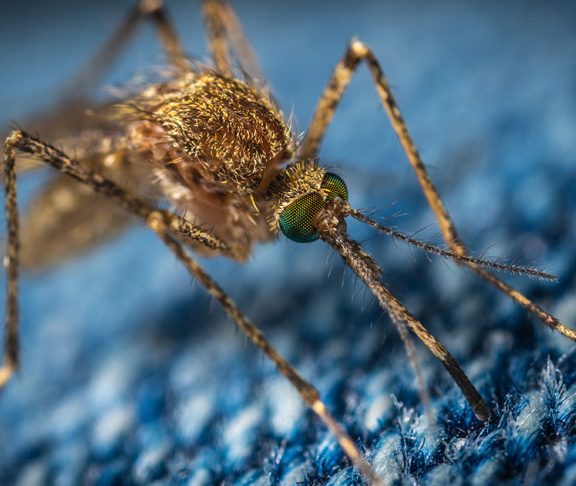Every year, a global partnership saves 500,000 lives from malaria — one of the world’s oldest and deadliest diseases that still kills a child every two minutes.
Thankfully, 3-year-old Brian is not one of these children. This past summer, an infected mosquito gave Brian malaria. His mother, Norah, made the tough choice to leave her other four children behind and carried Brian to the nearest clinic an hour away from their home. At the clinic, he received emergency care from a trained doctor. The doctor used a rapid-diagnostic test to confirm Brian’s fever was malaria-induced and gave him the lifesaving anti-malaria drug stocked in the clinic’s pharmacy.
Brian’s survival is indicative of one of the most successful global health achievements of our time. Back in 2000, 1 million people died from malaria each year. Today, that number has been cut by more than 50 percent.
A global battle
The daily fight against malaria is a coordinated global effort by governments, nonprofit organizations, companies, philanthropists, researchers, health care workers and communities to expand access to lifesaving tools like bed nets treated with insecticides, anti-malaria drugs and diagnostic tests. The United States, thanks to the generosity of the American people, is among the countries leading this global fight through investments in the President’s Malaria Initiative (PMI) and the Global Fund to Fight AIDS, Tuberculosis and Malaria.
Between 2000 and 2016, these investments contributed to saving 7 million lives and preventing more than one billion cases. This tremendous progress — and the fact that too many children are still dying from mosquito bites — prompted a shift in global ambition. In 2000, we sought to reduce malaria cases and deaths. Now, we know we can end malaria for good.
Targeting our efforts
Essential to achieving this critical mission is focusing on the epicenters of the malaria burden. Significant challenges remain. According to this year’s World Malaria Report, malaria cases continued to rise for a second year in a row which hasn’t happened in more than a decade. The highest burden malaria countries are mounting a targeted response with support from the World Health Organization and RBM Partnership to End Malaria, and partners including PMI and the Global Fund. Through working together to scale up the interventions that save lives, we are better prepared to win this fight.
Protecting millions of children like Brian from malaria has a valuable-multiplier effect. Malaria keeps more children out of school than any other disease and accounts for half of all preventable school absenteeism in Africa. Keeping children healthy against malaria increases their chances at a successful education and life. Preventing malaria means more parents can go to work instead of tending to sick children. It means communities can thrive, billions in economic gains can be unleashed and countries can redirect their health spending to other pressing health issues.
Malaria is a formidable enemy and ending this disease for good is an ambitious goal. However, the significant progress made in a relatively short period of time shows that, even in the face of setbacks, success is possible.
Mark Dybul, M.D., Faculty Co-Director, Center for Global Health and Quality, Georgetown University, [email protected]

